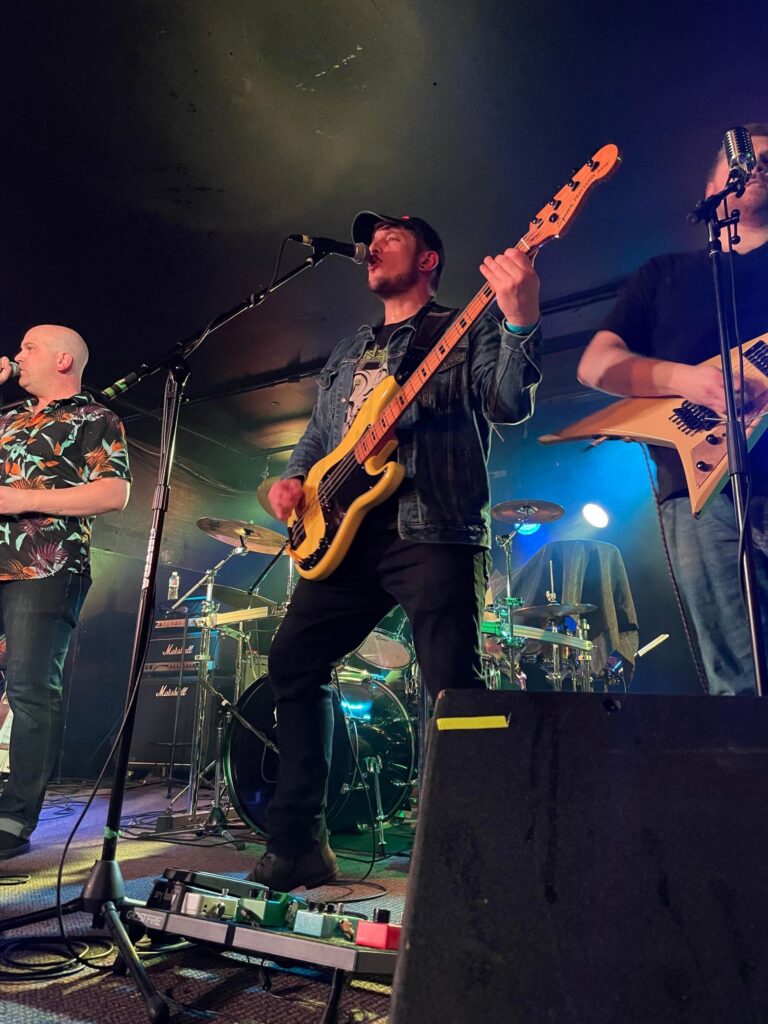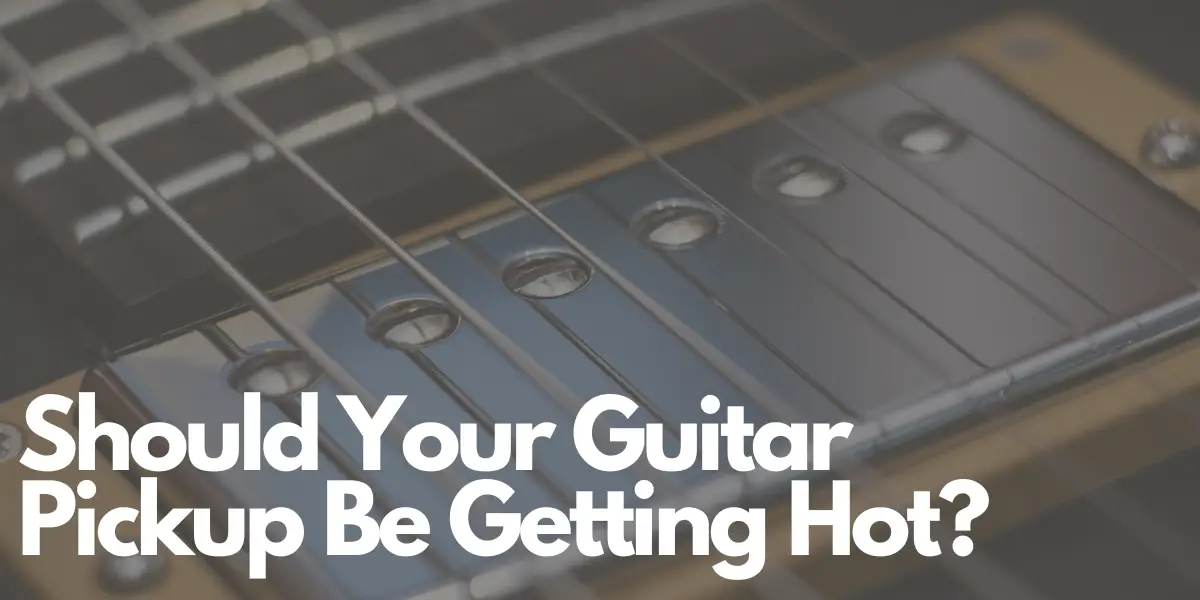When it comes to electric guitars, the role of guitar pickups is indispensable. These small but mighty components are responsible for converting the vibrations of your guitar strings into the electrical signals that your amplifier turns into the sweet sounds of music. But have you ever wondered if guitar pickups get hot during your jamming sessions? In this article, we’ll dive deep into this intriguing question and explore the factors that can influence pickup temperatures.
The Basics of Guitar Pickups
Before we jump into the world of pickup temperatures, let’s get familiar with the fundamentals of how guitar pickups actually work. At their core, guitar pickups consist of a coil of wire wound around a bobbin. This coiled wire generates a magnetic field when an electric current flows through it. Underneath or within this coil, one or more magnets create another magnetic field that interacts with your guitar strings. When you pluck a string, it vibrates within this magnetic field, inducing a small electrical current in the coil of wire. This induced current is then transformed into an electrical signal that gets sent to your amplifier for amplification, resulting in the beautiful sounds you hear.
Factors Affecting Pickup Temperature
Now that we have a basic understanding of how pickups work, let’s explore the factors that can affect their temperature:
- Playing Style: Your playing style can influence pickup temperature. If you’re an aggressive player, engage in fast picking, or indulge in heavy strumming, you’re generating more string vibration. This increased activity can lead to a slight temperature rise in your pickups.
- Amplification: The power and volume of your amplifier also come into play. Higher-powered amplifiers can push more current through the pickups, potentially causing them to heat up slightly.
- Pickup Design: The design and construction of your pickups matter. Pickups with more wire windings or higher resistance may generate more heat when they’re active.
- Environmental Conditions: The temperature of your surroundings can also influence pickup temperature. Playing in a hot and humid environment can contribute to slightly higher pickup temperatures, although the effect is usually minimal.
Do Guitar Pickups Get Hot?
The answer to this burning question is a resounding “yes.” Guitar pickups can indeed get warm during extended playing sessions, especially when one or more of the factors mentioned above are at play. However, it’s essential to clarify that when we say “hot,” we’re not talking about scalding or dangerously hot to the touch. Instead, pickups may reach a slightly elevated temperature.
Implications of Pickup Temperature
Now, let’s address the implications of pickup temperature. In most cases, the increase in temperature during play is not a cause for concern. Modern guitar pickups are designed to handle the electrical currents generated during typical playing conditions. So, while they may become warm, this usually doesn’t lead to significant issues.
However, if you ever notice that your pickups are excessively hot to the touch, it could be a sign of a problem. This might indicate a malfunctioning component, a short circuit, or faulty wiring. In such cases, it’s advisable to have your guitar inspected and repaired by a qualified technician to ensure everything is in proper working order.
Conclusion
In conclusion, guitar pickups can become warm during play due to the electrical currents generated by the vibrations of your guitar strings. This increase in temperature is generally within a safe and manageable range, and it should not deter you from enjoying your music. If you ever suspect that your pickups are excessively hot or experience any unusual issues, don’t hesitate to consult a professional technician for inspection and necessary repairs. Ultimately, the slight warmth generated by pickups is a natural consequence of the physics of electric guitars, and it’s all part of the musical journey.
Author: Mike P
Hi! My name is Mike! I’ve been an apartment producer/musician for 10+ years. I’ve played in punk bands, released EDM tunes on Beatport and iTunes, and have a semi-successful stock music portfolio. Read more…



